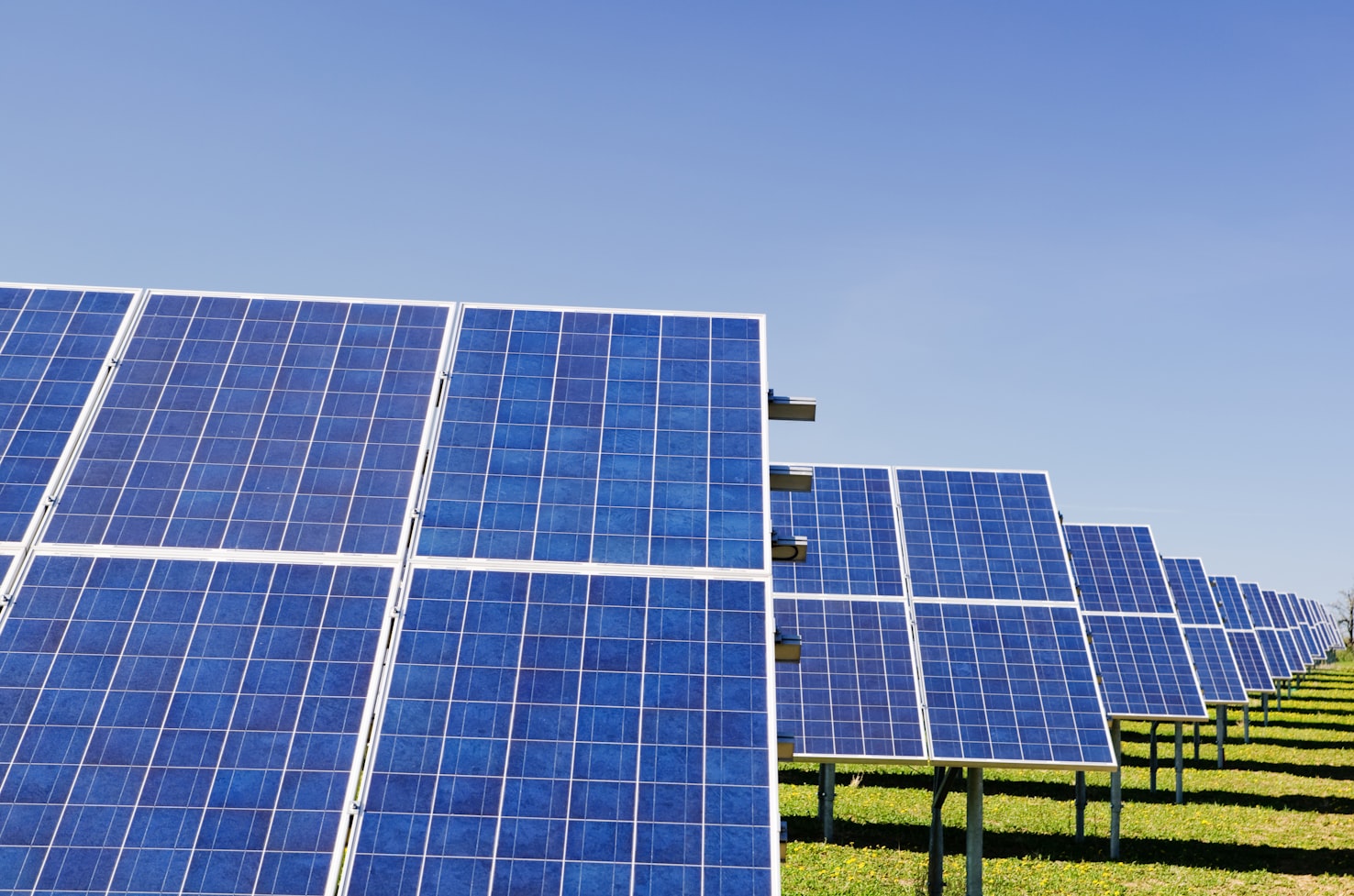Robinson Blog
A space for Brad to talk about all things solar. Check in to see what's new...

Friends don’t let friends do AC solar ground mounts
When you create solar energy at your home with solar panels you use that energy in your home, and when you create more energy than your home is using that energy goes on to the grid and gets consumed by your neighbor. The first part is called “self consumption” and the second part is called “net metering.”
There is no controversy at this point about self-consumption, the issue is that when you export power to the grid you want to be compensated at the rate you are purchasing energy from the utility and that is called Net Metering. Net Metering typically refers to exported solar energy being valued at the “retail” rate, which is the rate you pay your electric utility for energy. But, what electric utilities want is for that exported power to be valued at the wholesale rate that the utility pays for energy normally, that way they don’t technically lose money when the excess energy gets pushed onto the grid and consumed down the street, and that is called Net Billing. Utilities argue that a “cost shift” occurs under Net Metering, meaning that non-solar owners pay more for electricity just simply because excess solar production is being paid out at retail rates instead of wholesale rates. All of that is highly debatable and depends on how you crunch the numbers.
If you think about it from the Utility perspective it makes sense, they don’t want their revenue to go down and costs to go up, they want the opposite.
Here is the issue though, the Utilities in many areas are dealing with aging infrastructure and rapidly rising demand for electricity (electric vehicles and heat pumps), so much so that they can’t keep up in some cities today and this problem is expanding over time. Solar and batteries are an obvious solution after energy efficiency measures, if you have too much demand from a building then that building reducing its demand is a good thing, just like energy efficiency which Utilities love and incentivize already. So, solar is the solution the Utilities need.
Now, just having the power produced at the building to reduce load on the grid is good, but what if the Utility had the ability to drain the battery in your home or car and power it back up whenever they needed, now we are really cooking with gas. That is called a virtual power plant (VPP) and it’s a great idea. Think about that though, the Utility will be able to control your battery and would compensate you at a low rate, but you paid to have the battery installed. From the perspective of market economics incentives matter, so if the Utility helped with the upfront cost of the battery or the bi-directional car charger (so you can seamlessly put energy in the car and take it out) then the rate of adoption would increase and the VPP of the future would be delivered sooner rather than later. State governments can step in here and provide battery incentives, some have done so already, and the federal government has their 30% federal tax credit on batteries as well.
Many States are moving from Net Metering to Net Billing, and that can be a good thing for society. Just having more solar is not a solution to our energy problems, we need batteries, smart controls, time-of-use rate structures and systems (like VPP) on top of it. The future is electric, but it is so much more than that and we need the policy, regulation, systems and financial incentives to accelerate our electrification and decarbonization transition.
Currently, most States have Net Metering and it's been a good tool to get solar from zero percent of the grid to a couple percentage points of the grid, usually in the 1-6% range. Switching too quickly from Net Metering to Net Billing can reduce the rate of adoption of solar like in California where their new law, called NEM 3.0, has cut the solar industry in half. Long term though, if the correct incentives, rate structures and systems are in place then Net Billing could be the tool that brings solar from being about 4% of the grid to much more.
When it comes to solar public policy matters the most, the transition to clean and localized energy production needs to be managed well so it can grow every year and not experience major setbacks, like in California where they moved too quickly from Net Metering to Net Billing.
The best thing you can do is to educate yourself, understand the issue well and advocate for the policy that you think will be the most effective in getting our society transitioned to clean energy that solves the problem of the current aging electric infrastructure. We are either going to spend billions repairing the grid to be just like it was in 1990, or we are going to upgrade it to meet the demands of the future.
Contact Universal Electric & Solar PNW today to get a quote for solar and more while we still have Net Metering in Washington, www.universalelectricpnw.com.

Cut Your Energy Bill in Half
Lorem ipsum dolor sit amet, consectetuer adipiscing elit. Aenean commodo ligula dolor enean sociis natoque penatibus magnis

Reduce Carbon Emissions
Lorem ipsum dolor sit amet, consectetuer adipiscing elit. Aenean commodo ligula dolor enean sociis natoque penatibus magnis

Energize Of Society
Lorem ipsum dolor sit amet, consectetuer adipiscing elit. Aenean commodo ligula dolor enean sociis natoque penatibus magnis


